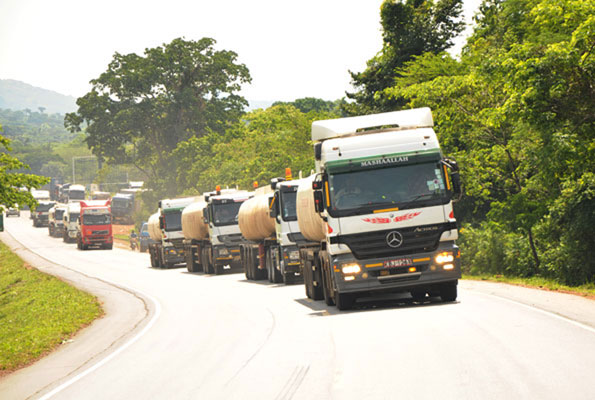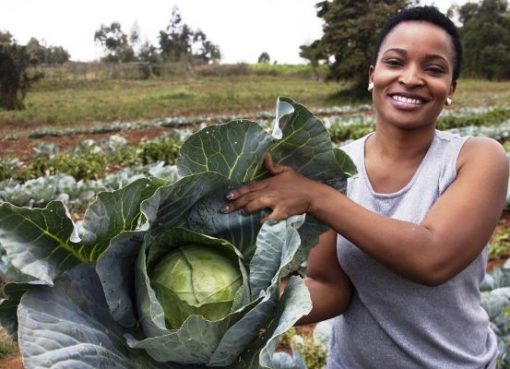There’s reduced economic activity in Uganda
The monthly Stanbic Purchasing Managers’ Index (PMI) dropped to 34.9 in June from 56.5 in May attributed to government’s lockdown measures that were announced to tame the spread of COVID-19.
The reading signalled deterioration in business conditions for the first time in five months, and was below the series average of 52.8.
Sponsored by Stanbic Bank and produced by IHS Markit, the monthly survey involves a questionnaire to some 400 purchasing managers and has been conducted since June 2016.
It covers the sectors of agriculture, industry, construction, wholesale & retail and services. The headline PMI figure provides an early indication of operating conditions in Uganda.
It is a composite index, calculated as a weighted average of five individual sub-components composed of New Orders (30%); Output (25%); Employment (20%); Suppliers’ Delivery Times (15%) and Stocks of Purchases (10%).
Readings above 50.0 signal an improvement in business conditions on the previous month, while readings below 50.0 show deterioration.
According to the June index, the imposition of a 42-day lockdown in the country impacted negatively on business conditions across the private sector.
Falls were seen in output, new orders and employment, while companies lowered their selling prices to try and attract business.
Falling customer numbers meant a lack of new orders, while business activity also declined. Reductions in output and new orders were seen across each of the five sectors covered by the survey.
Ronald Muyanja, the Head of Trading at Stanbic Bank Uganda said, with workloads down amid the lockdown, companies scaled back their employment and purchasing activity, in both cases for the first time in five months.
The reduction in employment meant that staff costs also fell according to Muyanja.
“Restrictions on travel meanwhile resulted in longer suppliers’ delivery times, lower input buying and delays in the delivery of materials fed through to a reduction in inventories,” he said.
Meanwhile, companies lowered their selling prices as part of efforts to attract customers.
This was despite a further increase in purchase costs, which largely reflected higher raw material prices amid product shortages.
Construction and industry each saw purchase costs increase, while falls were recorded in the agriculture, services, wholesale & retail sectors.
“There were hopes that business activity will rebound once the lockdown measures are lifted, supporting optimism in the 12-month outlook for output,” Muyanja said.
Ferishka Bharuth, Economist – Africa Regions at Stanbic Bank said, despite an increase in purchase costs, which largely captured higher raw material prices due to global shortages, companies lowered their selling prices to attract customers.
Bharuth said that the impact of the lockdown on the headline PMI is likely to be transitory, and fade as lockdown measures are eased.
“There is the risk that some lockdown restrictions may be extended, which could delay the rebound in economic activity amidst the recent spike in Covid-19 cases,” he added.






